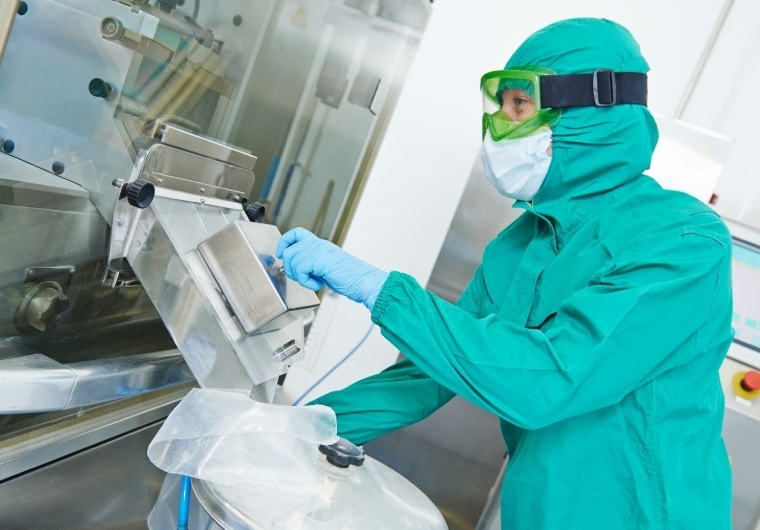Continuous Manufacturing in the Pharmaceutical Industry
Continuous Manufacturing is a method for manufacturing pharmaceutical products from end-to-end on a single uninterrupted production line. In continuous manufacturing, the full manufacturing stream is combined into one integrated flow, which eliminates the ‘hold times’ caused by quality testing in batch manufacturing.
The pharmaceutical industry is beginning to use this new method of manufacturing drug products. There are insufficiencies that naturally occur as part of the batch manufacturing process, resulting in waiting times and low utilisation during production.
Some of the key advantages of continuous manufacturing are:
- the flexibility in batch size
- elimination of waiting times during production giving a greater utilisation and better adherence to schedules
- potentially it could be 40-50% cheaper than current batch processes to run
- lower energy consumption which is advantageous given current energy costs and efforts to help protect the environment.
A key consideration needed for continuous manufacturing is the flowability of the starting materials to give accurate continuous dispensing. For continuous manufacturing, excipients incorporated should focus on their compactability. Merlin can help overcome these problems by offering characterisation of materials to avoid delays in production. Manual changeovers in a continuous manufacturing process can be time-consuming, even for skilled operators, impacting time and money in the long term.
Merlin offers testing to characterise flow characteristics, such as flowability function, and using a hydraulic compaction simulator it is possible to gather data on the compactability of materials to aid the design of formulations for the transition from batch to continuous manufacturing.


